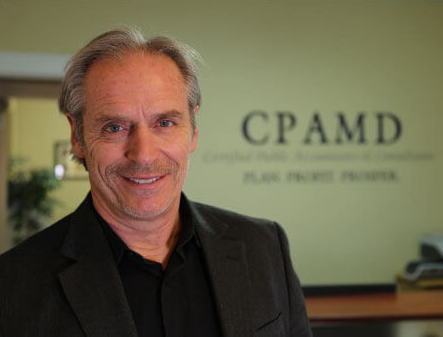Recently, our Client Development Partner Bryan McDonald got the chance to sit down with The Cannabis Industrial Marketplace for a 1 on 1 interview. Blow you’ll find a copy of the article Published by Adam with CIMP. Visit their website for more; https://www.cannabisimp.com/2019-chicannabis-expo-getting-to-know-bryan-mcdonald-of-cpamd/
Ever heard of the 280E tax code? It’s a must-know for anyone who’s looking to enter the quickly growing cannabis industry.
However, if the term seems foreign, listen to Bryan McDonald, who is well-versed in that particular code and how it impacts marijuana entrepreneurs. Since 1984, CPAMD has handled an array of clients in a wide range of fields.
“It’s a 77-word paragraph that basically says that no deductions will be allowed for the manufacturing, advertising, distribution or promotion of Schedule 1 narcotics, which obviously includes weed,” said the founder of CPAMD, a Chicago-based accounting firm and 2019 ChiCannabis Expo title sponsor. “And it includes heroin, by the way, which is ridiculous (to compare to marijuana).”
Right now, 280E is the “law of the land,” but that could soon change on a federal level, says McDonald, who cited the pressure applied to Congress from lobbyists — who, in turn, have connections to “big pharma, big tobacco and big liquor” — to remove marijuana from Schedule 1 status. Once that happens, large corporations will certainly dive into the “third-fastest growing” sector in the United States economy.
But how did 280E come to fruition? What prompted the IRS to create a sub-chapter focused on such economic growth?
The answer: Jeffrey Edmondson, a former drug dealer from Minneapolis who had a run-in with the IRS in 1981.
“The IRS comes in and says, ‘Look man, you’ve made substantial money from this industry, and we want you to pay taxes on it,'” McDonald said, relaying the story. Along with marijuana, Edmondson also dealt in cocaine and other dangerous narcotics. McDonald continued: “Edmondson said, ‘Fine, I’ll pay taxes — but, by the way, I’m deducting all of my expenses.'”
And he did, successfully deducting expenses such as transportation, scales, rent and other business expenses used in the illegal trade.
One year later, the IRS countered with 280E, making sure another Edmondson wouldn’t exploit a loophole and claim victory in tax court.
Knowing the story comes in handy for McDonald. Sure, it makes for interesting conversation, but it also serves a purpose for those looking to get into the emerging cannabis industry.
“Think outside of the box,” McDonald said, later adding: “You better have your eyes wide open.”
McDonald’s goal isn’t just to help navigate potential clients through new territory, but to provide lasting education for the long run.
“You have to almost have to look at every expense and decide (how to categorize),” said McDonald, emphasizing the importance of 471 costs — which are good — vs. other codes. “That’s basically the game that has to be played. I feel CPAMD is probably in the top five or six CPA firms in this industry.”
CONNECTING IN TULSA
In April, McDonald was a guest speaker at the 2019 OKCannabis Expo in Tulsa, Okla., presenting to a capacity crowd at Central Park Hall. He loves connecting with those in search of answers, tips and hints, and the expo was an ideal venue for a cannabis industry-based discussion.
“There were standing-room-only crowds, and it was a great event for us,” McDonald said. “There were people sitting on the floor. There’s a great need for the expertise of the taxation of cannabis in Oklahoma (and in other markets).”
Weeks later, in early May, McDonald received a phone call from someone who attended his seminar in Tulsa.
They were searching for advice and hoping McDonald would conduct a webinar focused on the Oklahoma market.
“Oklahoma is passing out (dispensary) licenses like there is no tomorrow, and CPAs want to get involved,” McDonald said. “But they just don’t know what they’re doing.”
Attending events like the one in Tulsa allows McDonald — who speaks across the country — to continue doing what he loves, which is spreading knowledge.
“I like to communicate, and I think that is an advantage,” said McDonald, who’s led CPAMD since 1984, later adding: “I believe we should keep money in the hands of small business. It’s everybody’s legal right to minimize tax liability – that’s a constitutional right. I’m able to look at companies and see what I can deduct, how I can minimize their taxes. I want to keep money in the hands of small business, which is the engine of our economy.”
LIMITLESS POSSIBILITIES
Throughout the years, McDonald has encountered just about everything possible in the world of taxes. He’s even recently helped clients dive into the cannabis industry — but not because of the economic potential, but because he shares a similar belief with many who are getting into the industry.
“Believe it or not, we’re at the forefront of this,” McDonald said of his firm’s presence in the cannabis business space. “We got in very early. And what I mean by that is, we’ve been involved for five years and we’re like veterans. We’ve done some pretty exotic stuff, but cannabis — by and large — is the most complex industry. To a large extent, we started to see that the growth for traditional accounting services was limited, and this is an industry that’s unlimited.”
While any investment comes with risk, and payoffs aren’t always immediate, putting resources into cannabis could prove to be a wise move — if done correctly and planned with care.
“You have to know how to frame the investment,” McDonald said.
There’s another facet to the marijuana industry that piques interest for McDonald. Again, it’s more than business and taxes — it’s about something much more important and personal.
“I have three military sons, and each one of them knows a fellow soldier who has PTSD,” he explained. “PTSD is well-served by marijuana. They’re not able to get any sleep in some cases, and ultimately, you go crazy. What cannabis does is give them an opportunity to get six or eight hours of sleep and slow their minds down a little bit. There’s a humanitarian tie to it. I really believe we need to take care of our veterans.”


